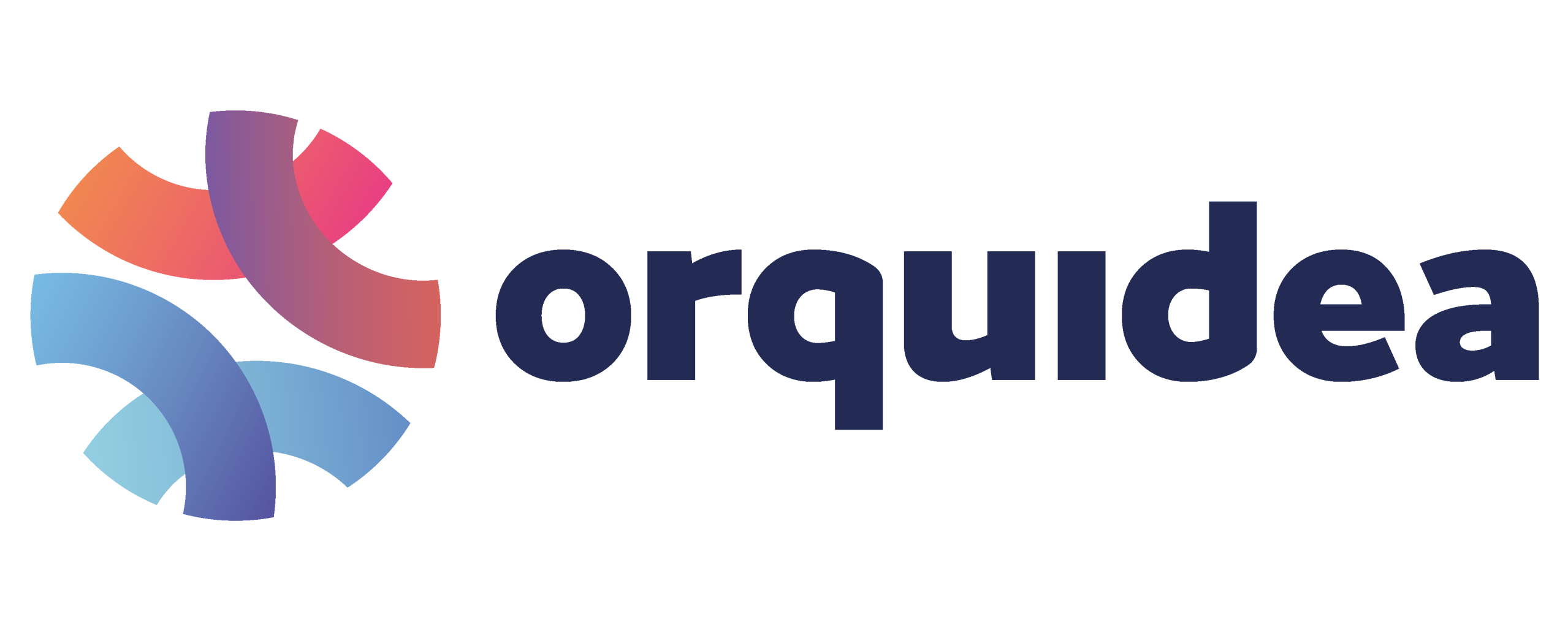The Futurist’s Question: What Kind of Intelligence Do We Want?
Artificial intelligence is no longer a distant possibility—it’s a present reality. But as models grow more powerful, the question shifts from “What can AI do?” to “What kind of intelligence do we want?” Futurists, technologists, and philosophers are now asking: What values should guide machine cognition? What forms of intelligence align with human flourishing? This article explores the voices shaping our future vision of intelligence—beyond capability, toward meaning.
1. Intelligence as Utility
Futurist Martin Ford argues:
- AI should be treated like electricity—a ubiquitous utility
- Intelligence will become cheap, abundant, and ambient
- The challenge is not access—but alignment with human purpose
Ford’s vision is pragmatic: intelligence as infrastructure, not ideology.
2. Intelligence as Partner
Zack Kass, former OpenAI executive, proposes:
- “Unmetered intelligence”—AI so accessible it feels infinite
- AI as a multiplier of human capability, not a replacement
- Societal thresholds to decide what should be automated—and what shouldn’t
His futurism centers on human agency, not machine autonomy.
3. Intelligence as Mirror
Futurists warn that:
- AI reflects the data it’s trained on—bias, history, and power
- Intelligence without ethics becomes amoral optimization
- We must design systems that mirror our best selves—not our worst patterns
The mirror metaphor reminds us: intelligence is projection.
4. Voices from the Field
Ray Kurzweil, Singularity theorist:
“We will merge with our machines—not just use them.”
Nikolas Badminton, critical futurist:
“We must move from hype to hope—from speculation to stewardship.”
These voices diverge—but share a call for intentional futures.
5. Intelligence as Cultural Construct
Intelligence is not universal—it’s shaped by:
- Language, values, and epistemology
- Educational systems and social norms
- Economic incentives and political structures
Futurists urge us to decolonize machine cognition, making room for plural intelligences.
6. The Risk of Acceleration
Rapid development raises concerns:
- Misalignment between capability and comprehension
- Lack of public dialogue and democratic oversight
- Automation of decisions without ethical grounding
The futurist’s question becomes: Are we moving too fast to choose wisely?
7. Expert Perspectives
Joy Buolamwini, AI ethicist:
“We must ask not just what AI can do—but who it serves, and who it excludes.”
Martin Ford, again:
“The most dangerous thing is not runaway AI—it’s bad policy, or no policy at all.”
Their insights frame intelligence as a civic and moral challenge.
8. Intelligence and Human Purpose
Futurists explore:
- AI freeing humans for creative, relational, and spiritual work
- Redefining labor, education, and meaning
- Asking not “How do we work?” but “Why do we work?”
Intelligence becomes a lens for existential inquiry.
9. The Role of Design
To shape intelligence, we must:
- Build alignment frameworks and explainability standards
- Include ethicists, artists, and educators in development
- Design for human dignity—not just efficiency
Design is not neutral—it’s a moral act.
10. The Road Ahead
Expect:
- Intelligence as a public good, not private commodity
- New metrics for ethical and cultural alignment
- Global debates over governance, rights, and agency
- A shift from capability to intentionality
The futurist’s question will guide how we live with—and through—intelligence.
Conclusion
Artificial intelligence is not just a tool—it’s a mirror, a partner, and a challenge. As we build systems that think, we must decide what kind of thinking we value. The future of intelligence is not just technical—it’s philosophical, cultural, and deeply human. Because in the end, the question is not “What can AI do?”—it’s “What kind of intelligence do we want to live with?”
